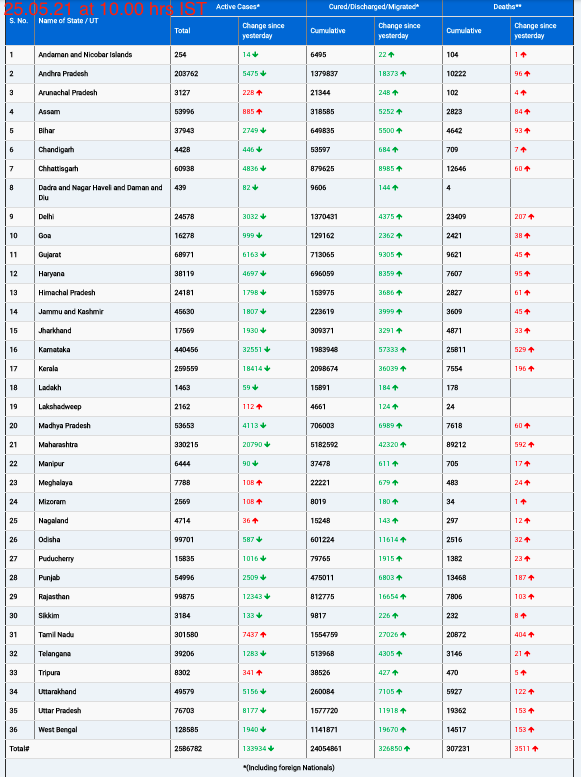For many expectant mothers, the question of whether an occasional glass of wine could harm their baby is a common concern. Recent research underscores that while heavy drinking or binge drinking during pregnancy definitively poses significant risks, the effects of consuming small amounts of alcohol are less clear. However, experts agree that any alcohol consumption during pregnancy carries potential risks.
Vidya Rajagopalan, a principal investigator at The Saban Research Institute of Children’s Hospital Los Angeles, has been at the forefront of studying fetal brain development using advanced MRI scans. Rajagopalan is also involved in the National Institutes of Health’s HEALthy Brain and Child Development (HBCD) Study, which investigates the impact of alcohol and other substances on pregnancies.
What Does the Research Show?
Studies unequivocally demonstrate that heavy alcohol consumption during pregnancy adversely affects a baby’s health. Rajagopalan emphasizes that, “When pregnant women drink a lot of alcohol, they are at higher risk of having children with neuro-developmental problems. The science shows that fetal alcohol spectrum disorders (FASD) occur with heavy or binge drinking.”
Fetal alcohol spectrum disorders encompass a variety of symptoms, including:
- Brain and facial deformities
- Challenges with eating and sleeping
- Hearing and vision issues
- Low birth weight
Children born with these disorders often face cognitive and behavioral challenges and may be more susceptible to developing alcohol or substance abuse problems later in life.
The Uncertainty of Small Amounts
The guidelines from national organizations like the CDC and the American College of Obstetrics and Gynecology are clear: there is no safe level of alcohol consumption during pregnancy. “There is no accepted scientific evidence showing that low levels of drinking are safe,” Rajagopalan stated.
The inability to conduct studies that would require pregnant women to consume alcohol for research purposes is a significant limitation. Such studies would be unethical and potentially harmful. Furthermore, alcohol is just one of many factors influencing a baby’s development. Genetic factors, the mother’s physical and mental health, and environmental conditions also play crucial roles.
Guidance for Pregnant Women
Rajagopalan advises pregnant women to fully understand the risks before deciding to consume alcohol. “We don’t have a scientific way of proving that one glass of wine is OK,” she said. “I encourage women to discuss the risks with their provider and hold their provider responsible for giving them reliable information.”
The consensus among experts is to err on the side of caution and avoid alcohol during pregnancy to ensure the healthiest possible outcome for the baby.












